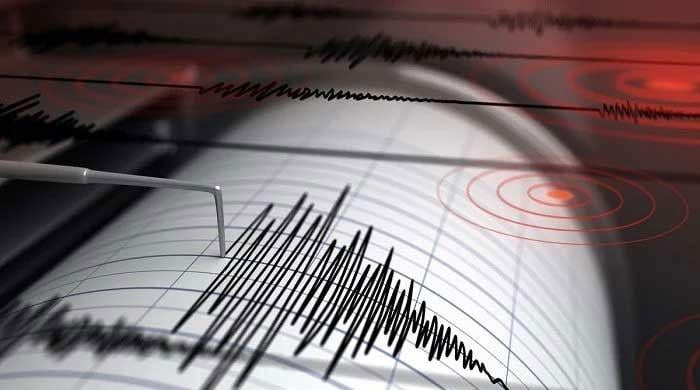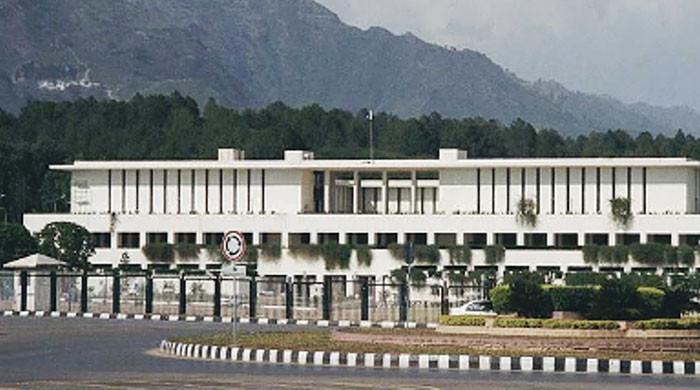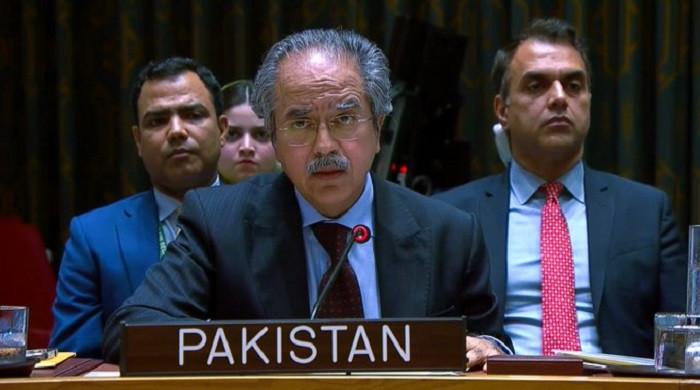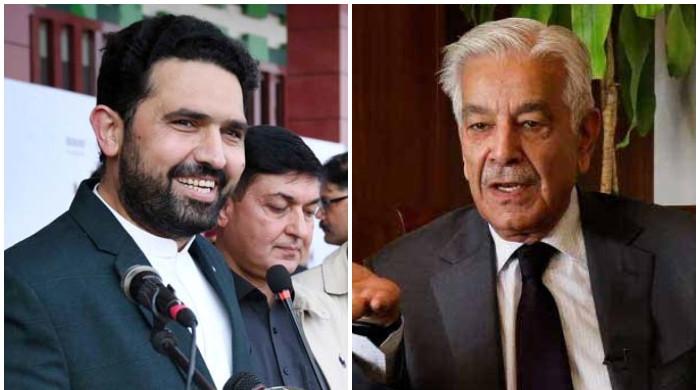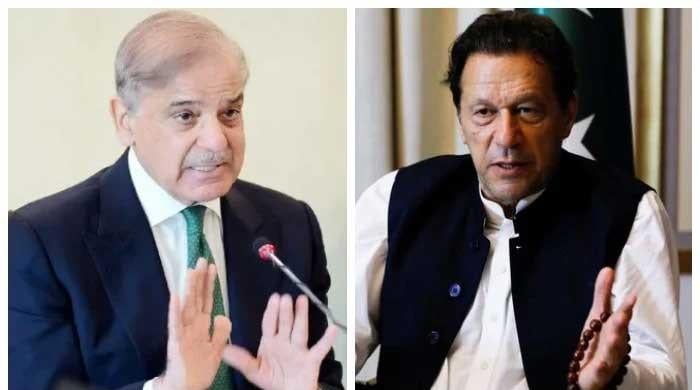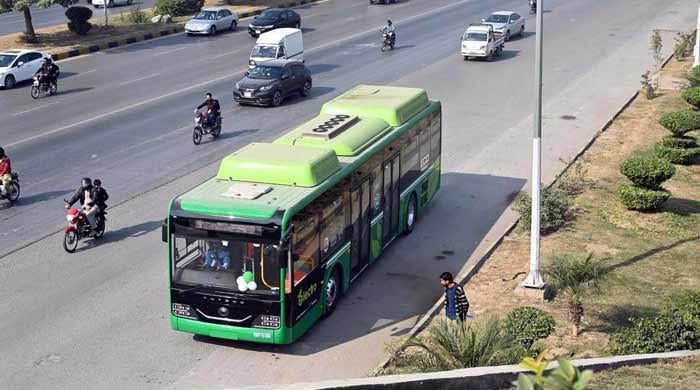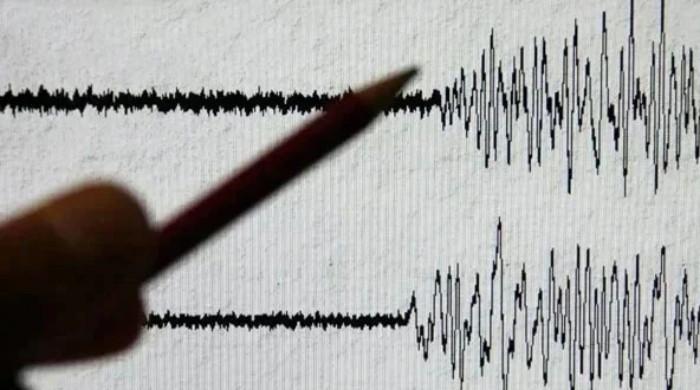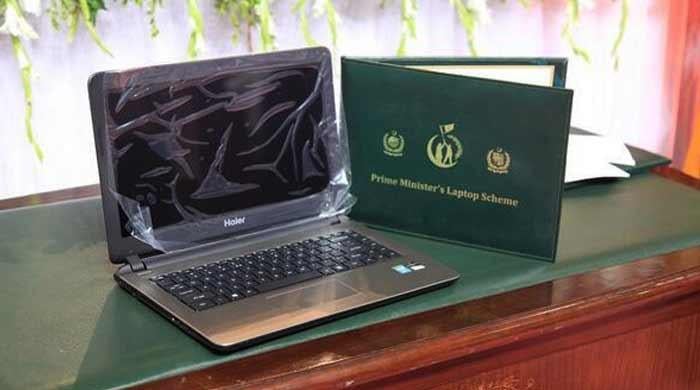Karachi University faculty members publish back-dated papers in bid to get promotions
The publication of JHSS was halted in 2013; however, it published 13 editions in 2019
April 23, 2021
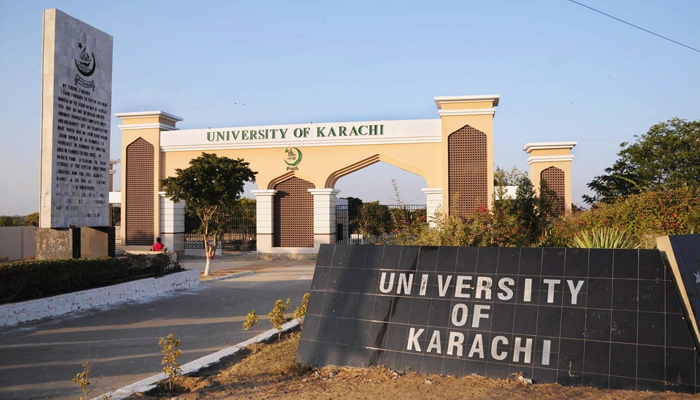
- 13 editions of JHSS published in 2019, despite publication having halted in 2013.
- Published papers date back to 2017 but cite references of 2019.
- KU administration refuses to respond.
Bizzare irregularities have been uncovered in Karachi University's Journal of History and Social Science (JHSS), with older issues containing citations of works that had not been published at the time.
According to a few faculty members, this was done by those involved in a bid to get promotions.
The publication of JHSS was halted in 2013; however, it published 13 editions in 2019.
Surprisingly, the back-dated research papers not only cited articles that were written after their publication, but also included plagiarised tables, maps, and statistics produced by other academicians.
Former KU vice-chancellor Dr Muhammad Qaiser said such research journals, in which back-dated papers are published, damage the varsity's reputation and termed it a very unethical thing to do.
Meanwhile, Higher Education Commission Director Research and Publications Dr Tahir Shah said it is illegal to promote teachers based on research journals not approved by the HEC.
"Legal action can be initiated against those involved [in the crime]," he said.
Following the revelation, a member of the editorial board of the research journal, Dr Riaz Sheikh, claimed he was unaware of such a development and announced his separation from the board.
According to a report in The News: "When the JHSS issues were closely read, bizarre anomalies emerged. For example, a paper ‘Trends of Pakistani films: An analytical study of restoration of cinema’ co-authored by Fouzia Naz and Sadia Mahmood in the issue of Jul-Dec 2017 reads, “The revival of the Pakistani film industry was observed in 2007 when Khuda Kay Liye was released and then improvements were seen in every movie till 2019.” It is inexplicable how in an article that was published in 2017, its authors have analysed improvements in the Pakistani movies up till 2019.”
It is inexplicable how, in a paper that was published in 2017, the authors have analysed improvements in Pakistani cinema till 2019, noted the report by The News.
In the same research paper, many other articles have been cited that were originally produced after 2017 but in the references section, the dates of such articles have been changed to 2017.
Several faculty members have raised their voice against the unethical practices carried out by their colleagues. However, the varsity's administration has tried to bury the matter by forming committees that never reached any conclusion.
It is pertinent to mention here that a link to other controversial research journals published by Karachi University was taken down.
Geo News made several attempts to contact KU's administration for a comment but they did not respond.




